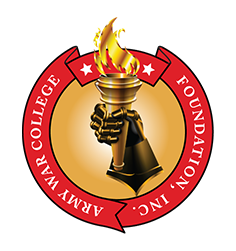Matt Haerter, NSS ‘13
Matt Haerter is the Assistant Chief of the Western Lakes Fire District headquartered in Oconomowoc, Wisconsin, and as you would expect, all fire departments are involved in mitigating the COVID-19 crisis. His daily routine begins with a joint virtual Emergency Operations Center meeting spanning his three counties. This is then repeated with virtual meetings with the principal elected and law enforcement officials throughout their 220-mile, 18 community area. The daily routine in Wisconsin fire protection and Emergency Medical Services (EMS) has experienced a new rhythm of multi-agency virtual coordination meetings. Each meeting and follow-on meeting is necessary to translate decisions into operational guidance. These involve agencies that used to be occasional exercise partners, but now are important daily teammates. A chief from each county department shares their response-based changes and all collaborate on what can be more effectively done to protect department personnel while serving citizens. They work detailed operational plans which function in concert with their dispatch centers to relay information that can be used to respond appropriately for each incident, centering on best-practices while conserving a very-limited supply of proper personal protective equipment (PPE). The EMS trend, at least in the early stages of this COVID-19 situation, was a worsening of the condition of patients, along with a chronic shortage of PPE. As a short-term measure, they shifted to washable lab coats and fire-fighter structural gear in lieu of disposable gowns. Masks remain problematic, although fire-fighter EMTs can use their Self-Contained Breathing Apparatus as an alternative. They keep citizens informed through social media with constant educational information and they engage, when possible, in a number of drive-by community outreach activities using social distancing for community well-being. Helping to stabilize mental health for citizens is important as they have seen an uptick in domestic and psychological issues due to the personal and financial strains many are experiencing. Some of the new platforms for training/meetings are resulting in better videos and virtual sharing to allow more flexibility for delivery and access of services for the future. Fire services have always been places of true interoperability, where plans and resources had to be shared and exercised regularly for large Type 4-5 incidents, but this COVID-19 crisis is solidifying an incredible team which will undoubtedly increase effectiveness in the future.
Matthew N. Haerter
National Security Seminar (NSS) 2013
Assistant Chief, Western Lakes Fire District
Oconomowoc, Wisconsin

